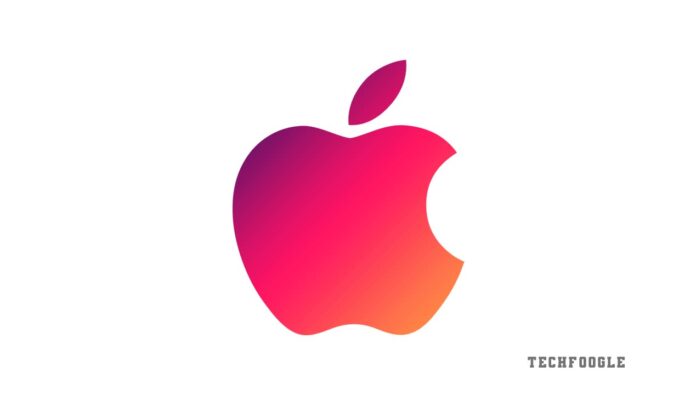In a recent twist in the tech world, Apple reportedly declined a partnership proposal from Meta to integrate the social media giant’s AI chatbot into its devices. This development underscores the ongoing tension between the two companies, particularly regarding privacy policies and data management. With AI becoming an increasingly integral part of our digital experience, the implications of this decision are significant for both Apple and Meta users.
Table of Contents
Background of Apple and Meta
Apple and Meta, formerly known as Facebook, are two of the most influential tech companies globally. Company’s reputation is built on innovation, premium products, and a staunch commitment to user privacy. On the other hand, Meta has made significant strides in AI technology but has faced criticism over its handling of user data.
Initial Discussions Between Both Companies
Reports suggest that Apple and Meta began their discussions a few months ago. The goal was to explore the possibility of integrating Meta’s advanced AI chatbot technology into Company’s ecosystem, including iPhones, iPads, and Mac devices. High-level executives from both companies were involved, indicating the seriousness of the proposal.
Proposal from Meta
Meta proposed using its Llama 3 AI model to enhance the AI capabilities of Apple devices. This integration promised to bring advanced conversational AI features, potentially making Brand devices more interactive and user-friendly. The benefits included improved customer service, smarter personal assistants, and enhanced user experience.
Privacy Concerns
Company’s decision to reject Meta’s proposal primarily hinged on privacy concerns. Company has always been at the forefront of advocating for user privacy. The company’s policies are designed to protect user data rigorously, and any third-party partnership must align with these standards. Meta’s data practices, which involve collecting vast amounts of user information to train AI models, needed to meet Company’s stringent requirements.
(Also see: Is Your iPhone Compatible with iOS 18?)
The Key Sticking Points
The crux of the disagreement lay in privacy policies and user data management. Apple must be convinced that Meta’s approach to handling user data was sufficiently secure or private. Technical and operational considerations also played a role, but privacy was the deal-breaker.
Comparison of AI Approaches
Brand’s AI strategy focuses on enhancing user experience while maintaining privacy. The company’s AI models are designed to process data on-device as much as possible, reducing the need for data to be sent to external servers. In contrast, Meta’s strategy relies heavily on cloud processing, which involves extensive data collection and analysis.
Historical Context
Meta’s reputation has been marred by several high-profile privacy scandals, most notably the Cambridge Analytica incident in 2018. This scandal revealed that millions of Facebook users’ data had been improperly accessed and used for political advertising. In response, Apple CEO Tim Cook reiterated the company’s commitment to privacy, emphasizing that Apple would not monetize its customers’ data.
Bloomberg’s Report
Bloomberg’s Mark Gurman reported on the brief discussions between Apple and Meta, citing unnamed sources familiar. According to the report, Meta approached Apple in March, but the talks have not progressed formally due to privacy concerns.
Current Status of Discussions
As it stands, Brand and Meta are not pursuing any AI partnership. Both companies have refrained from making official statements, but the absence of further discussions suggests that Apple is firm in its decision.
Future Prospects for Company’s AI Partnerships
While the partnership with Meta is off the table, Company is actively exploring other AI collaborations. Reports indicate that Company is in talks with Google to integrate the Google Gemini AI model and with Anthropic to add the Claude AI model to its devices. These partnerships aim to enhance Companies’ AI capabilities while aligning with its privacy standards.
Market Reactions
The market reaction to this news has been mixed. Apple’s stock remained relatively stable, reflecting investor confidence in the company’s strategic decisions. Meta’s stock experienced slight fluctuations, likely due to concerns over missed opportunities to expand its AI reach.
Expert Opinions
Tech industry experts have weighed in on the situation, with many praising Company for its unwavering commitment to privacy. Some analysts believe Meta’s proposal was ambitious but ultimately unrealistic, given Company’s strict privacy policies. The consensus is that Company will continue to lead in integrating AI while ensuring user data is protected.
User Perspective
Company’s decision will likely be seen positively from a user’s standpoint. Many Company users value the company’s dedication to privacy and may view the rejection of Meta’s proposal as a reaffirmation of this commitment. The debate between privacy and functionality continues, but Apple’s stance is clear.
Conclusion
Apple’s rejection of Meta’s AI chatbot partnership highlights tech companies’ ongoing challenges in balancing innovation with privacy. While the potential benefits of such a partnership were significant, Company’s commitment to user privacy took precedence. As Apple explores other AI partnerships, it remains to be seen how these collaborations will shape the future of AI in Company’s product ecosystem.













